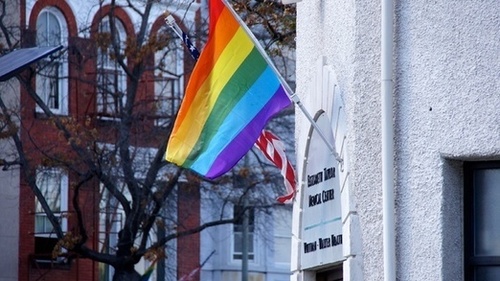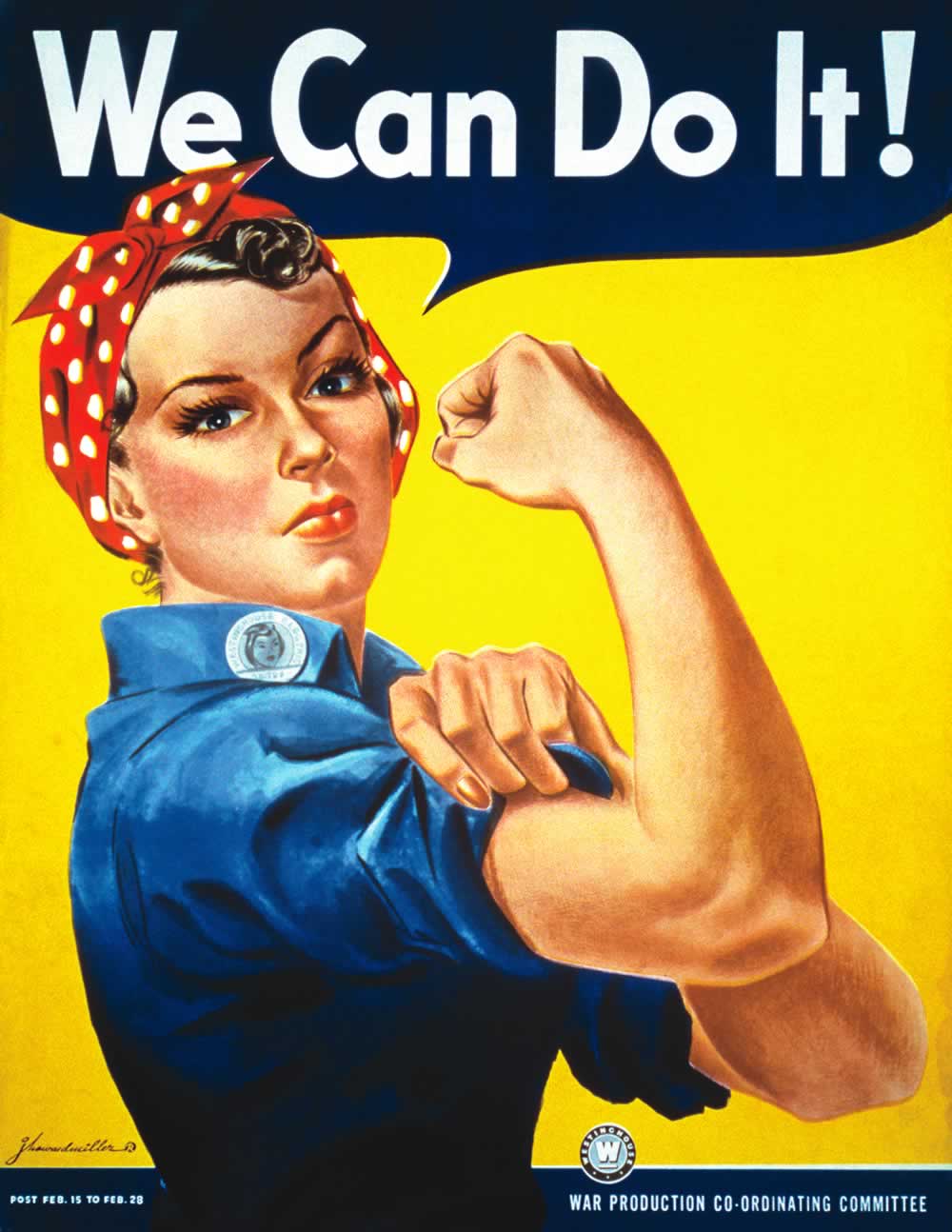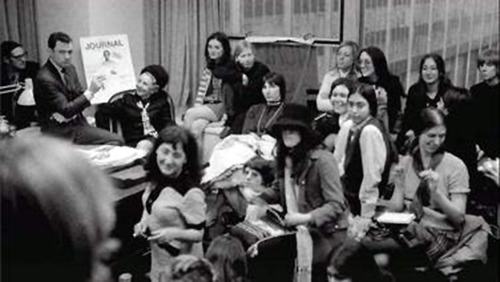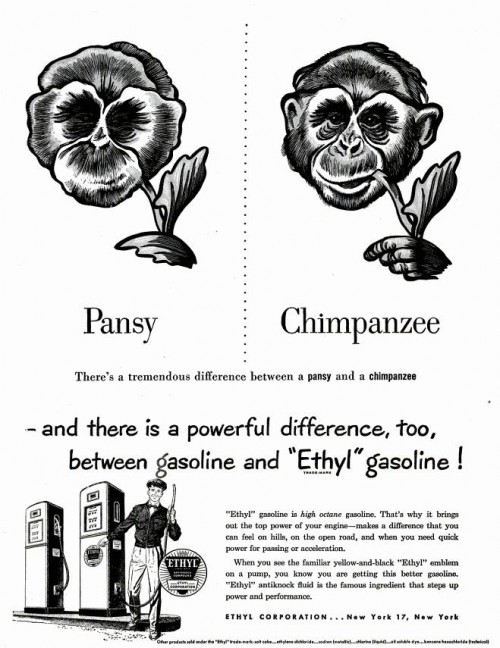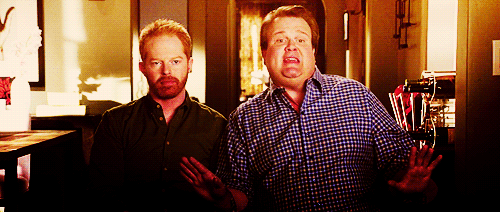Cherie Currie and Joan Jett, back in the days when they were Runaways.
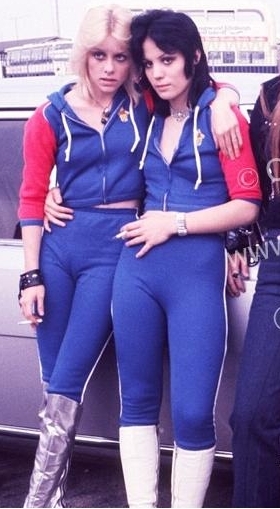
I don’t ever claim to be first with the reviews (I deal in old stuff, so why even rush to hop on the bandwagon with films about retro bands?), so you’ve likely already heard about, read reviews of, or even seen 2010’s The Runaways , starring Kristen Stewart and Dakota Fanning. Anyway…
, starring Kristen Stewart and Dakota Fanning. Anyway…
The Runaways is an incredible film. You should see it. My only real comments are really about my impressions of myself…
I wasn’t actually going to write any sort of a review, but then I stumbled onto Susie Bright’s commentary:
“What is this Little Debbie BULLSHIT?” I said. “This is a disgrace.”
Director Floria Sigismondi’s “pretty-in-glam” Runaways promo wasn’t the underground punk scene I remember from Los Angeles in the 1970’s.
And then I thought, “Hey, someone needs to speak for the rest of the un-cool kids here in the Midwest.”
You see, I didn’t know of The Runaways until after there was Joan Jett and the Blackhearts’ I Love Rock and Roll. That made it on the radar — and radio waves — in Midwest suburbia. Heck, my mom was a HUGE fan of that song! (Rock on, Mom!)
Before Bright’s commentary, I’d viewed the relationship between Jett and Currie as a more complicated version of the college lesbianism experience, mixed with drugs, celebrity-too-soon, and, sure, what looked in the film like a bit of opportunistic, if not predatory, moves on Jett’s part — which seemed more natural and less creepy than it sounds, really. And I don’t suppose Bright’s commentary really changes any of that. ( Or that my interpretation of the film is accurate; or even that the film was entirely explicit about many intimate aspects of their personal lives. It was, after all, a film; not a documentary.) But I feel it’s worth noting that Los Angeles is, and was, a million miles away from my Milwaukee suburban experience. Or even my imagining.
I was in gay bars in the 80’s. However, I’m sure they weren’t anything like the punk scenes you big coastal cities had. I’m sure even the leather and dungeon rooms would have seemed comical (at least by comparison at the time). But my point is that even though I wasn’t phobic, wasn’t ignorant, and therefore wasn’t shocked or put-off by anything in The Runaways that would have freaked my version of the world at that time, the sort of cultural context Bright feels was a necessary part of the story has me thinking… Maybe too much.
Yes, it may be accurate to say, as Bright does, that, “The Runaways band would not have happened, could not have been conceived, without the Underground Dyke Punk Groupie Slut culture that stretched from the San Fernando Valley to the bowels of Orange County,” but is it necessary to understand or appreciate the film, the story of (at least two of) the girls in the all-girls band?
Maybe it’s some sort of “ism” for a heterosexual chick to say it doesn’t matter; or at the very least, I’m being insensitive and dismissive to a movement. I certainly don’t mean to be. Yet, I thought the film was about forging ahead against the odds, the isolating experience of individuals — of female individuals — and maybe all that cultural context wasn’t integral? Then again, I’m always harping on the context of things, and certainly the counter-culture is as important in the story of where this band, these women, sat as the cultural norms I was carrying in my own head.
I just can’t decide.
Because fundamentally, I felt the tidal waves of emotion of abuse (self, drug, management, the industry, etc.), dreams gained and lost, friendships, trust, creativity, and being a woman with little respect through it all… And I’m not sure that being more precise in the documentation or depiction of what Bright described as the scene at the time is would have enhanced that ride. Though I guess I’ll never know because that film hasn’t been made.
At the end of The Runaways, I was left wanting to discover what others already had; the music of the band itself. (And the music each made with other bands and in solo careers — save, perhaps, for Lita Ford. Hubby had a crush on her, so her discs are around… Plus, at the end of The Runways, I didn’t like her. Sure, I understood what motivated her snits; but ick.) Though, what Susie Bright said now not only colors my thoughts about the film, but thoughts about the music as well.
Such is the plight of one who thinks too much, I suppose.
Can I continue to rock to Crimson & Clover without having any such thoughts of celebrating a “dyke rock’n’roll legacy” — and not have that be dismissive or exclusionary, not have it be a political or social statement at all? Yes, I think I can. So I think I can enjoy The Runaways as a film without any of that too.
I think that’s the question, and the answer. For me.
I’ll tell you how that works as I listen to more of the music. …Maybe watch the film again.
PS The end of the movie left you rather feeling like Cherie had relegated herself to, or was even happy with, some sort of boring mainstream life after the band split. Clearly the film focused on Jett. (Odd because the movie was based largely on Currie’s autobiography, Neon Angel: A Memoir of a Runaway — originally published in 1989; reprinted to coincide with the film.) But Currie’s life indeed went on. Cherie also went on to play more music; to marry and divorce from Robert Hays (of Airplane! — what an odd pairing in my mind) — they even had a son, Jake Hays, who accompanied his mom and dad at The Runaways premier, and to rock the art as a chainsaw chick.
— originally published in 1989; reprinted to coincide with the film.) But Currie’s life indeed went on. Cherie also went on to play more music; to marry and divorce from Robert Hays (of Airplane! — what an odd pairing in my mind) — they even had a son, Jake Hays, who accompanied his mom and dad at The Runaways premier, and to rock the art as a chainsaw chick.
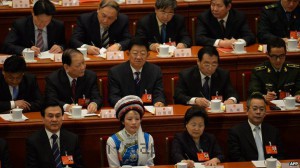 Well, that all depends on who you are.
Well, that all depends on who you are.